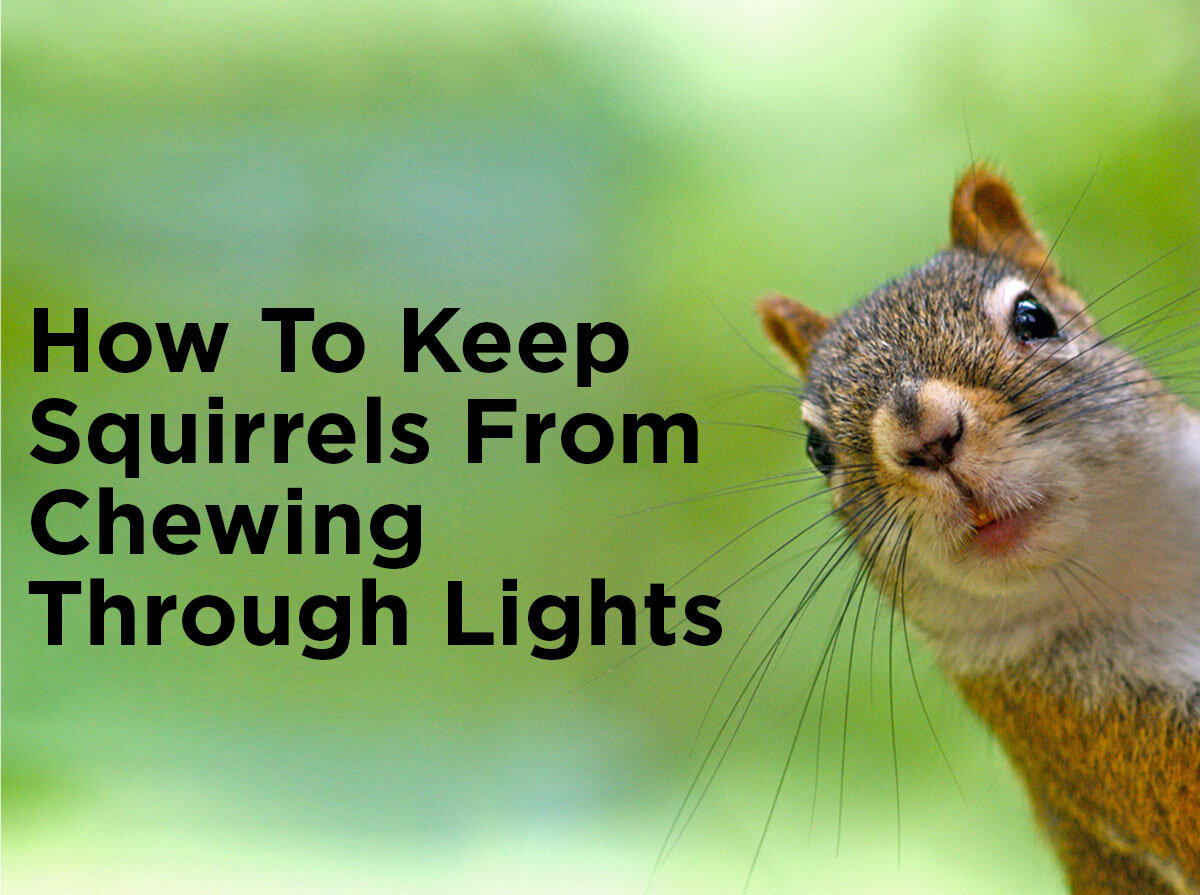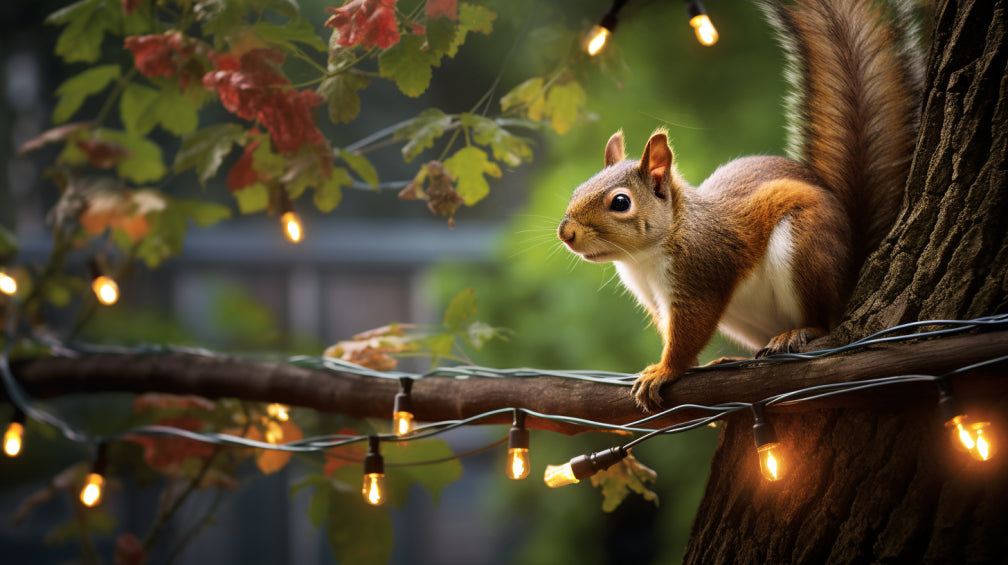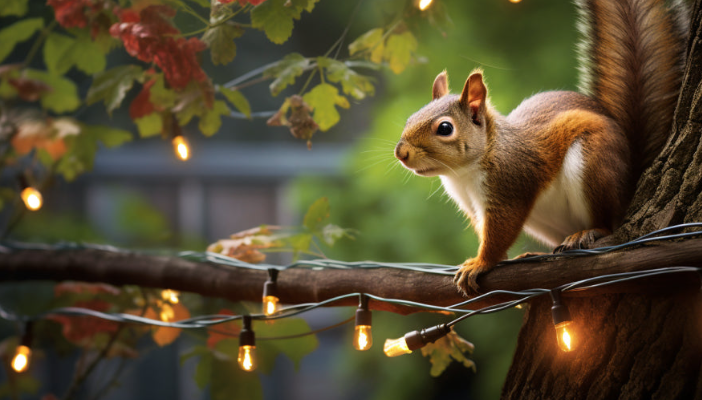How to Keep Squirrels from Chewing String Lights
As the warm glow of string lights adorns your outdoor space, creating an inviting atmosphere for gatherings and quiet evenings alike, the last thing you want is for these decorative features to fall victim to pesky squirrels. With their curious nature and sharp teeth, squirrels can quickly turn your charming display into a tangled mess. Fortunately, several effective strategies can help you protect your string lights from these furry intruders.

One of the most straightforward ways to safeguard your lights is by strategic placement. If possible, hang your string lights in areas that are less accessible to squirrels. Avoid locations near trees or structures that provide easy climbing routes. Instead, opt for spots where the lights are elevated and away from potential perches. This simple adjustment can significantly reduce the likelihood of squirrels reaching your lights.
Using protective coverings is another smart approach. You can purchase specially designed covers or sleeves for your outdoor string lights. These protective layers not only offer insulation against weather elements but also serve as a deterrent. Certain materials, such as metal mesh or thick plastic, can discourage squirrels from chewing through the wiring. A little extra investment can go a long way in preserving both the functionality and aesthetics of your outdoor lighting.
Incorporating natural deterrents can also prove effective. Squirrels rely heavily on their sense of smell, so using certain scents can help keep them at bay. Spraying your string lights with a mixture of water and essential oils, such as peppermint or vinegar, can create an unwelcoming environment for these critters. Just be sure to test any spray on a small section first to ensure it does not damage the lights or the surrounding materials.
Another effective tactic involves the strategic use of physical barriers. Consider installing squirrel-proof cable conduits or using PVC piping to encase your string lights. These sturdy barriers can protect the wiring from squirrel attacks while adding a layer of safety against other potential hazards like weather wear. Be creative with your approach; sometimes, simple yard decorations can double as protective barriers.
Equally important is maintaining a clean and inviting environment. Squirrels are often attracted to food sources found in gardens or backyards. Ensure that there is no leftover food, birdseed, or fallen fruits lying around that may entice them into your outdoor space. By creating a less inviting atmosphere, you discourage squirrels from frequenting your area in the first place.
Engaging in some community awareness can also be beneficial. If your neighborhood has a significant squirrel population, consider discussing the issue with your neighbors. This collective effort can include preventive measures, such as providing recommendations for effective deterrents or organizing a cleanup to minimize potential food sources. Squirrels thrive in areas where food is plentiful, so a community-wide strategy can prove advantageous.
For those who enjoy a more natural solution, exploring predator scents could offer a unique answer. Products that mimic the aroma of predators, such as fox or coyote urine, can be sprayed in the vicinity of your string lights. These scents signal danger to the squirrels and may encourage them to seek refuge elsewhere. Just be prepared to reapply periodically to maintain effectiveness.
Lastly, encouraging natural predators to inhabit your yard can help balance the local ecosystem. Installing birdhouses or maintaining a habitat that attracts animals like hawks or owls can naturally reduce the number of squirrels. While it may take some time to see results, creating a natural predator-friendly environment will help control the squirrel population over the long term.

Taking proactive measures to protect your string lights from squirrels not only ensures their longevity but also maintains the beauty of your outdoor space. By considering the placement of your lights, using protective coverings, employing natural deterrents, and keeping your environment clean, you can enjoy your string lights without the fear of rodent-induced damage. With a little effort and creativity, your outdoor oasis can remain an enchanting retreat, free from the nibbling of intrusive squirrels.
The next time you hang those festive lights, remember these tips to keep them safe and shining bright.



